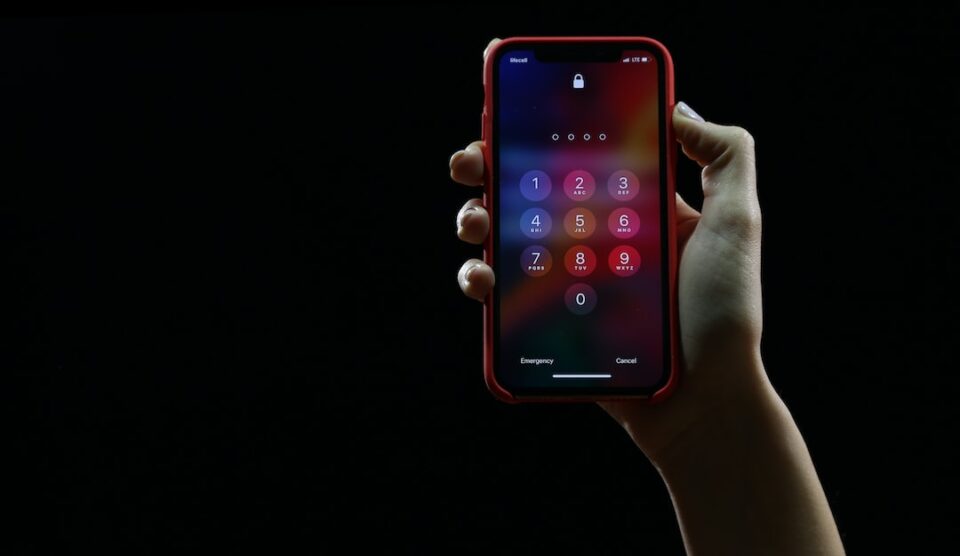The Impact of Social Media on Mental Health
In today’s technologically advanced society, social media has become an integral part of our daily lives. It has revolutionized the way we communicate, gather information, and share experiences with others. While it undoubtedly has its benefits, social media also has a significant impact on mental health that cannot be ignored.
Firstly, social media platforms such as Facebook, Instagram, and Twitter have altered the way we perceive ourselves and others. Many individuals showcase idealized versions of their lives, carefully curating their posts to project happiness, success, and beauty. As a result, people often compare themselves to these unrealistic standards, leading to feelings of inadequacy, low self-esteem, and depression. Studies have found a correlation between time spent on social media and decreased mental well-being, particularly in young adults.
Additionally, the constant exposure to filtered and edited images on social media creates a distorted perception of beauty and body image. This has led to an increase in body dissatisfaction among men and women alike. Research has shown that frequent use of social media is associated with a higher likelihood of developing eating disorders, as individuals strive to attain the unattainable perfection seen on their screens. The excessive focus on appearance can lead to a negative body image, which has severe consequences on mental health and can trigger anxiety and depression.
Furthermore, the addictive nature of social media poses another concern regarding mental health. Many individuals find it difficult to detach from their devices and are constantly seeking validation through likes, comments, and shares. The constant need for social approval and fear of missing out (FOMO) can generate feelings of anxiety, loneliness, and even depression. Spending excessive amounts of time scrolling through social media feeds has been linked to feelings of isolation, as individuals become more disconnected from real-life relationships, leading to a decline in overall mental well-being.
Cyberbullying is yet another detrimental aspect of social media that significantly impacts mental health. This form of bullying takes place online, where individuals are subjected to harassment, public humiliation, and threats. The anonymity provided by social media platforms allows bullies to target their victims without fear of consequences. Victims of cyberbullying experience high levels of stress, anxiety, and depression, with some even contemplating self-harm or suicide. The constant exposure to negativity and hostility online can have long-lasting effects on mental health and self-esteem.
While the negative impacts of social media on mental health are substantial, it is important to note that social media also has the potential to provide support, raise awareness, and create a sense of community. Many individuals struggling with mental health issues find solace in online communities, where they can openly discuss their experiences and seek advice from others who can empathize. Such platforms have become a safe space for individuals who may not have access to in-person support networks. Additionally, social media has been effective in spreading information about mental health resources, campaigns, and helplines, making it more accessible to those in need.
To ensure a healthier relationship with social media and protect our mental well-being, there are several strategies we can adopt. Firstly, we should strive to limit our screen time and be mindful of the content we consume. Setting designated times for social media use and establishing boundaries can help prevent addiction and reduce the risk of negative impacts on mental health. Additionally, we should actively diversify our social media feeds to include accounts that promote authenticity, body positivity, and mental health advocacy. By curating our online spaces to reflect positive messages, we can counteract the unrealistic ideals perpetuated by mainstream media.
Moreover, practicing self-care and engaging in activities that promote real-life connections and well-being can help mitigate the negative impacts of social media. Actively nurturing relationships, pursuing hobbies, and spending time engaging in physical exercise can reduce feelings of isolation and promote mental well-being. Taking regular breaks from social media and participating in digital detoxes can also be beneficial, allowing individuals to recharge and refocus on their mental health.
In conclusion, while social media has undeniably transformed the way we interact and engage with the world, it also has profound effects on mental health. The constant comparison, unrealistic beauty standards, addictive nature, and prevalence of cyberbullying all contribute to the decline in overall well-being. However, with mindfulness, moderation, and actively seeking positive interactions, we can navigate the digital landscape in a way that protects and enhances our mental health. It is crucial that society recognizes and addresses the impact of social media on mental well-being, taking steps to mitigate its negative consequences and maximize its potential as a supportive and informative tool.

